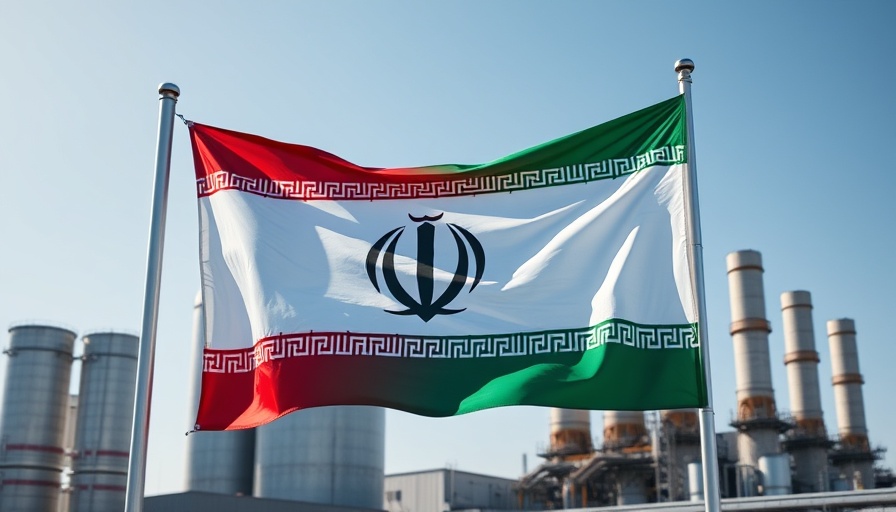
Why Iran Sanctions Are Back on the Table
France, Germany, and the United Kingdom are taking significant steps to reimpose sanctions on Iran, signaling a serious escalation in this ongoing geopolitical issue. This maneuver is rooted in growing concerns about Iran's nuclear program, which many Western nations believe poses a major risk to regional and global stability. These nations are worried that Iran's actions could lead to nuclear weapons capabilities, thus justifying the renewed sanctions that were initially lifted as part of the 2015 nuclear deal known as the Joint Comprehensive Plan of Action (JCPOA).
Understanding the Historical Context
The JCPOA was seen as a breakthrough at the time, trading Iran's nuclear restraint for economic relief from international sanctions. However, following the United States' withdrawal from the agreement in 2018, tensions have escalated dramatically. Iran has since increased its uranium enrichment activities, further straining relationships and prompting the European nations to reassess their stance. This historical backdrop underscores why the return to sanctions could be deemed necessary by these countries.
The Economic Impact of Renewed Sanctions
The imposition of sanctions has profound implications, not just for Iran, but for global markets and the economies of the imposing countries. Sanctions are intended to isolate Iran economically and diminish its ability to fund its nuclear program. However, they can also inadvertently affect businesses and individuals who have no connection to the crisis. For instance, increased oil prices can impact consumers everywhere, from everyday drivers to major manufacturers.
Iran's Response and Regional Reactions
Iran has indicated that it will respond robustly to renewed sanctions, viewing them as a form of economic warfare. This reactive stance raises concerns about potential regional conflicts and the implications for global alliances. The ripple effect of these sanctions could strain relationships between the EU and its allies in the Middle East, impacting trade, security, and diplomatic relations.
Future Predictions: What Lies Ahead?
In the coming months, experts predict that the diplomatic landscape will shift dramatically. The effectiveness of sanctions depends heavily on the international community's unity and its willingness to enforce them stringently. If countries like Russia and China continue to stand with Iran, the sanctions may be less effective, drawing critical global partnerships into question.
Potential Opportunities Amidst Challenges
The reimposition of sanctions may open up windows of opportunity for diplomatic dialogues aimed at brokering a new agreement. This shift could potentially lead to innovative solutions that improve economic conditions in Iran while also addressing nuclear proliferation concerns. Engaging Iran diplomatically could serve as a more effective approach towards ensuring compliance with international standards.
Call to Action: Stay Informed
In light of these developing events, it is essential for people, especially those involved in global businesses or investments, to stay informed about how these sanctions may impact international markets. Regular updates from reliable news sources can help individuals and companies navigate forthcoming changes and seize new opportunities.
 Add Row
Add Row  Add
Add 




Write A Comment